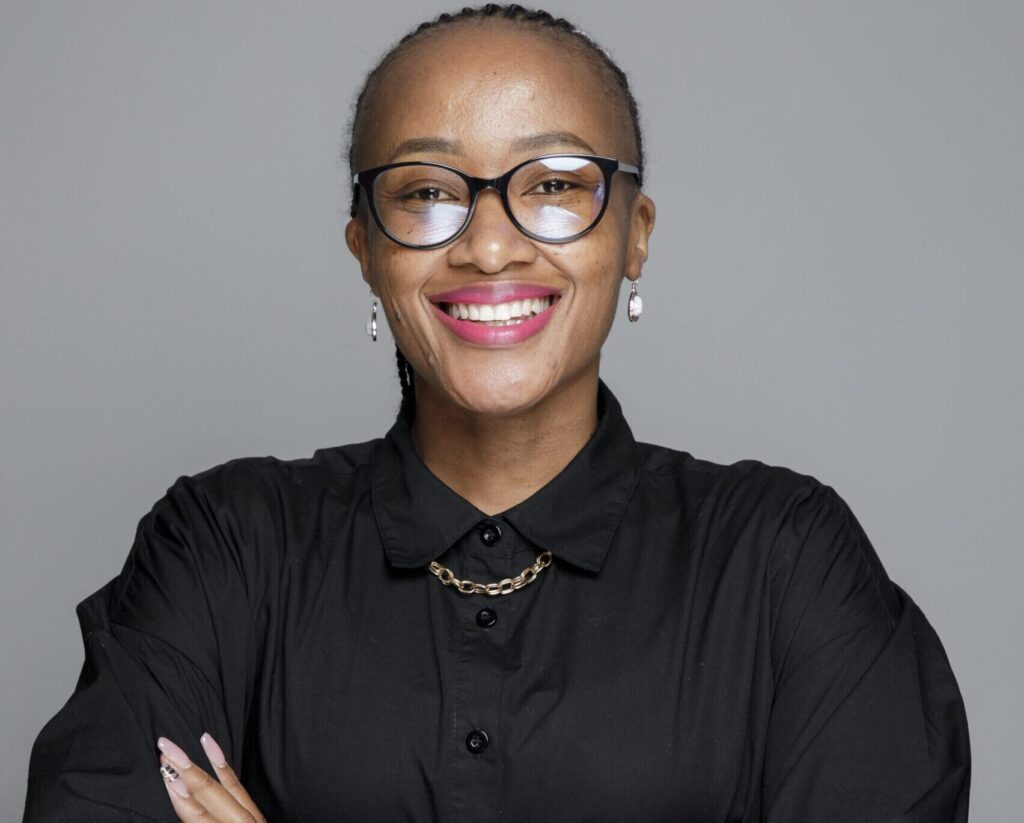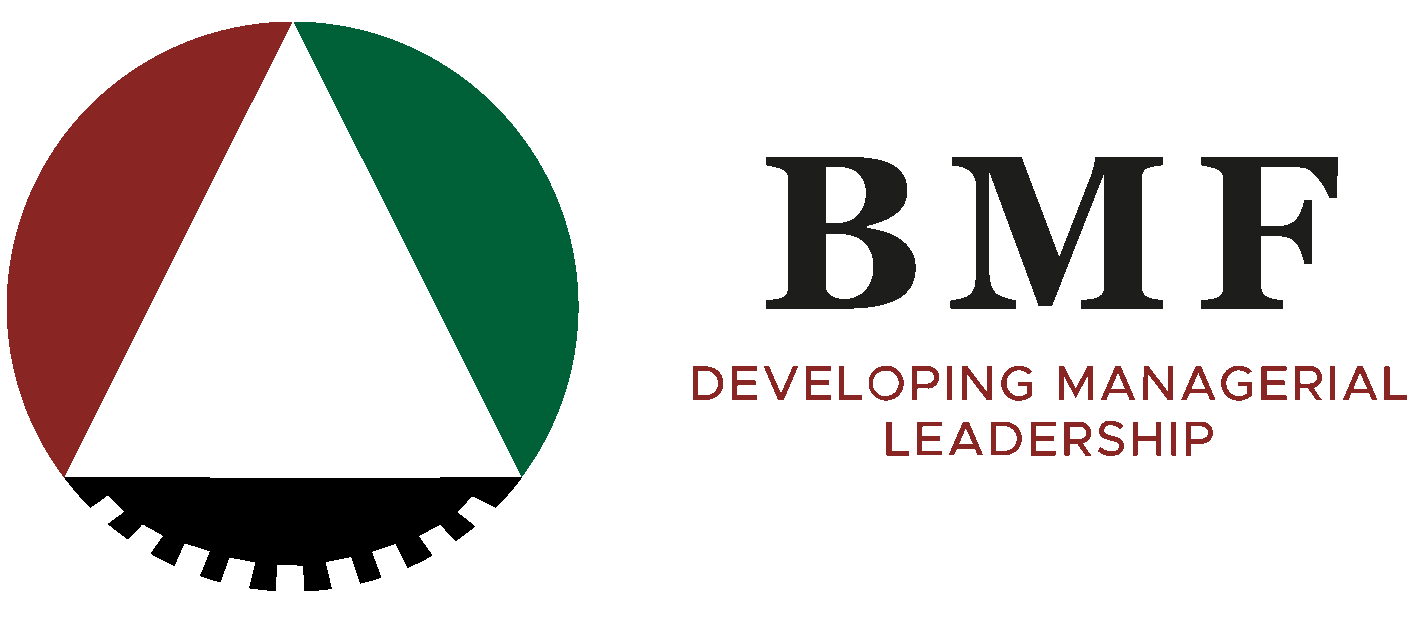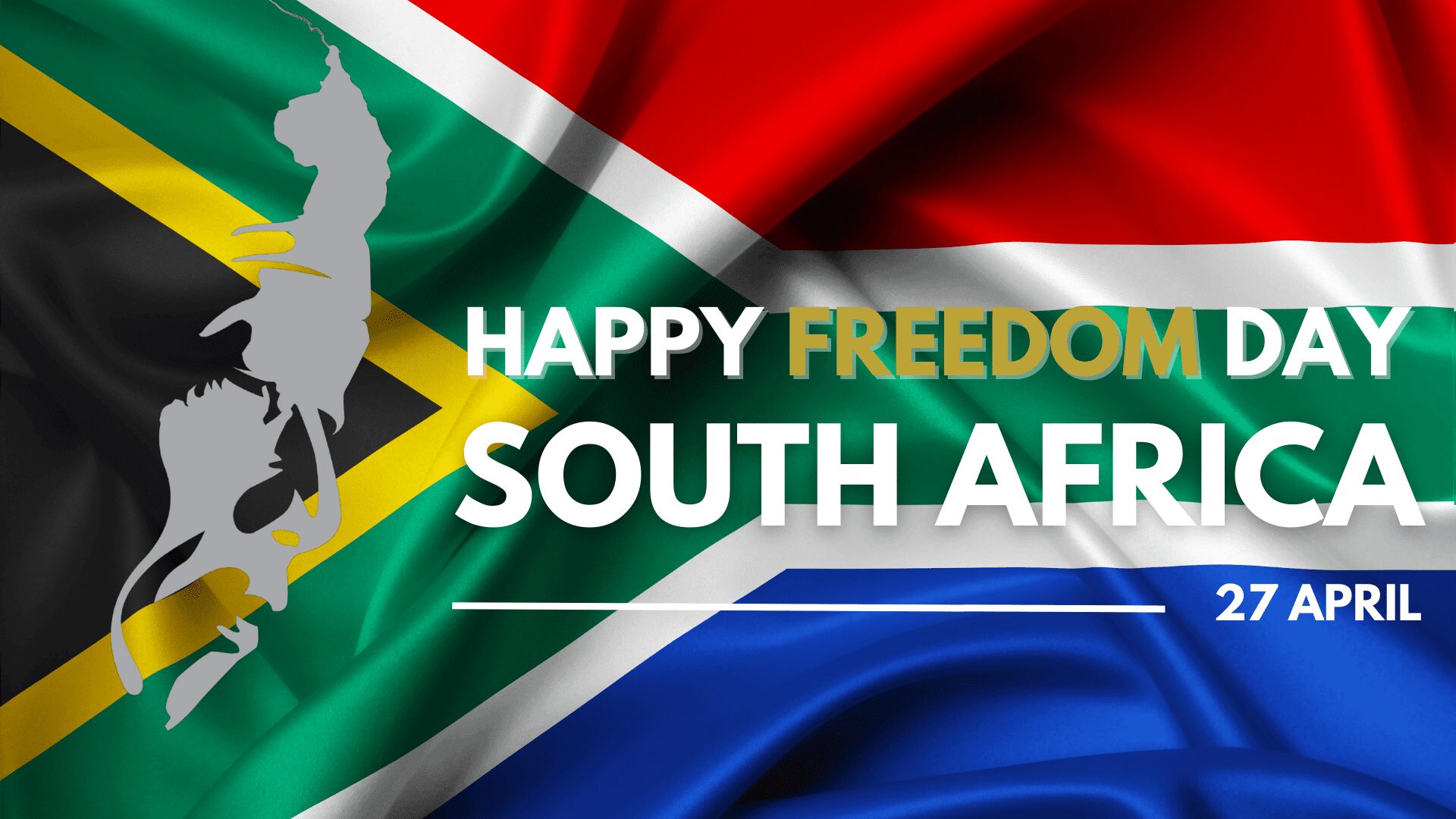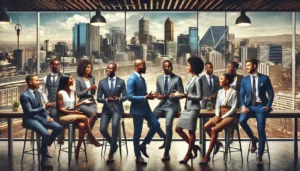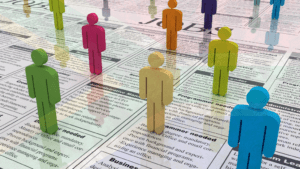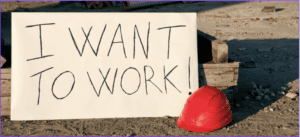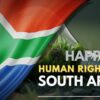Freedom Day serves as a symbol of how far the country has come since its historic elections in 1994. It is a celebration of the end of colonialism, segregation and white minority and the establishment of a new democratic government.
Freedom Day is observed annually on the 27th of April where we commemorate our journey to freedom and democracy. A journey that saw Africans standing for hours in long queues to vote in South Africa’s first democratic election. Hopes ran high on that day and a sense of euphoria gripped voters who opposed the apartheid. This day had South Africans believe that their lives would be transformed for the better through equal opportunities. For the first time, people were able to dream and aspire for a better future.
The 1994 elections paved the way towards a new democratic dispensation and a new constitution for the country. A democracy that is stated to be founded on values of human dignity, the achievement of equality and the advancement of human rights and freedoms, non-racialism and non-sexism, and supremacy of the constitution and the rule of law. This democracy means citizens do not govern the country themselves, they elect (vote for) other people to represent them in government with the constitution being the highest rule of law unlike the United Kingdom that is governed within the framework of a parliamentary democracy under a constitutional monarchy and China with an authoritarian political system.
The democratic breakthrough was a new dawn for South Africa that liberated black south Africans from the tyranny of apartheid. Equal opportunity was an essential characteristic of what the dream of 1994 meant for South Africans as they believed the democratic government would improve their living conditions, education, and the future of their families.
To some degree, the government did meet this dream in building houses, schools, hospitals, and universities. They have provided water, sanitation and electrified homes that were not previously. They have also expanded access to health care and education, and mostly supported vulnerable families with social grants. But the legacy of colonialism and apartheid, rooted in racial and spatial segregation, continues to reinforce inequality with South Africans seeing a continuation of historical patterns. Poverty, job scarcity and unequal opportunity to quality education have created a view that democracy has not delivered a better life for all. Instead, the freedom of movement has limited the movement as crime levels have increased.
Homes are no longer safe as they have become playing grounds for criminals when load shed. For the first, we saw newly graduated doctors not being placed for work despite the shortage of medical doctors in public healthcare. This is seen as a form of continued oppression informed by the view that the quality of life has not necessarily improved for most South Africans. The country remains a divided society and continues to earn the infamy of the most unequal society in the world. An illustration that we cannot be free if our people remain in poverty, without land, employment, quality education and without tangible prospects of a better life.
The problem is that our country’s political culture today does not live up to the ideal the Constitution enshrines, while the Constitution forms part of the fundamental democratic breakthrough of this country. There’s a massive gap between the declared standards and actual realities, and this should be taken to account when electing the government. Freedom Day should be a forceful reminder of the democratic rights enshrined in the Constitution, basic human rights that ought to be redressed boldly and robustly.
As we celebrate this day, let us not forget the struggles of the brutal Apartheid regime that saw political leaders, students, teachers, and ordinary citizens lose their lives in the long, laborious battle for democracy and political stability. We need to ensure that these freedoms are not merely theoretical rights, but they must form part of the daily life experience of all South Africans. On this Freedom Day, we need to remind ourselves that those whom we have given the privilege to govern our land, must do so diligently on our behalf and for the benefit of all the people.
